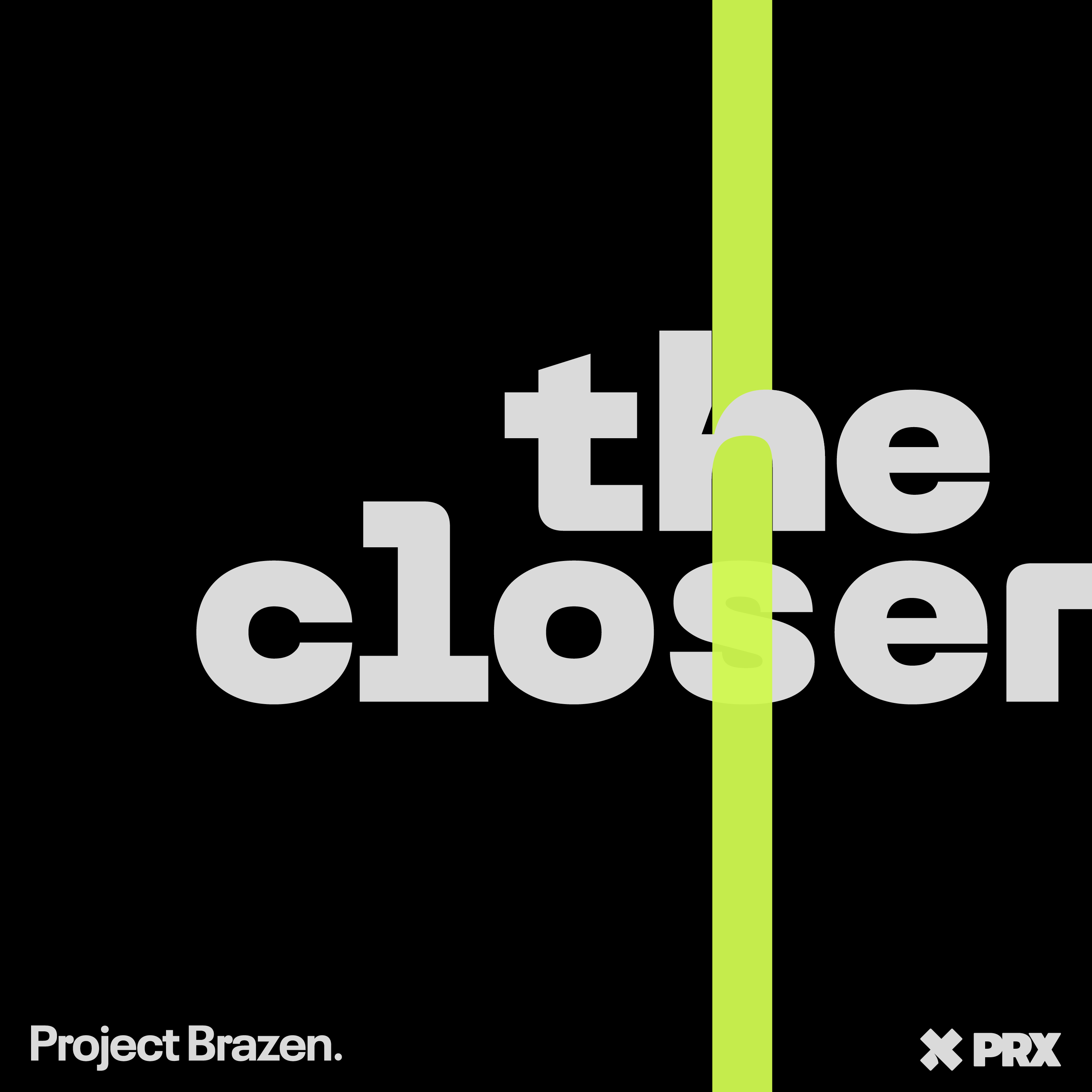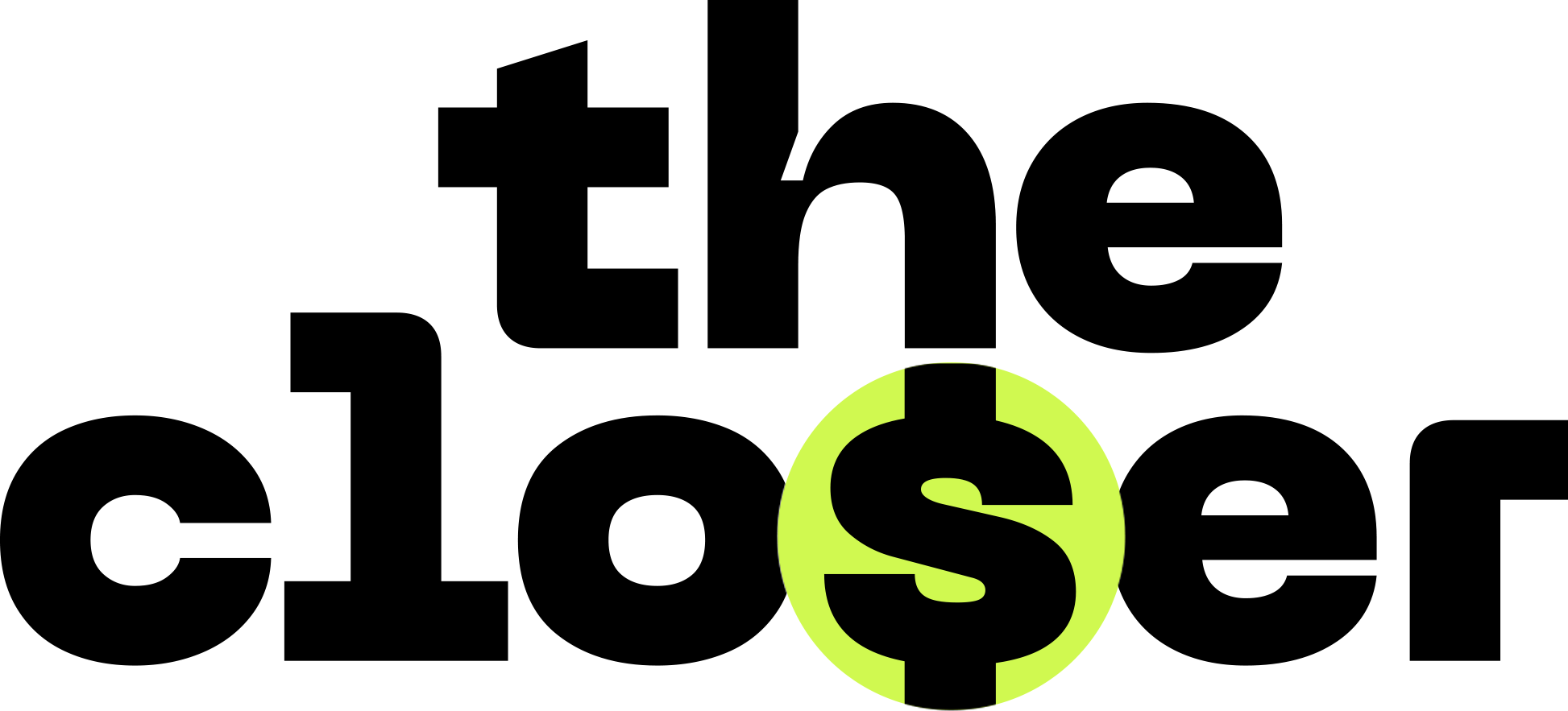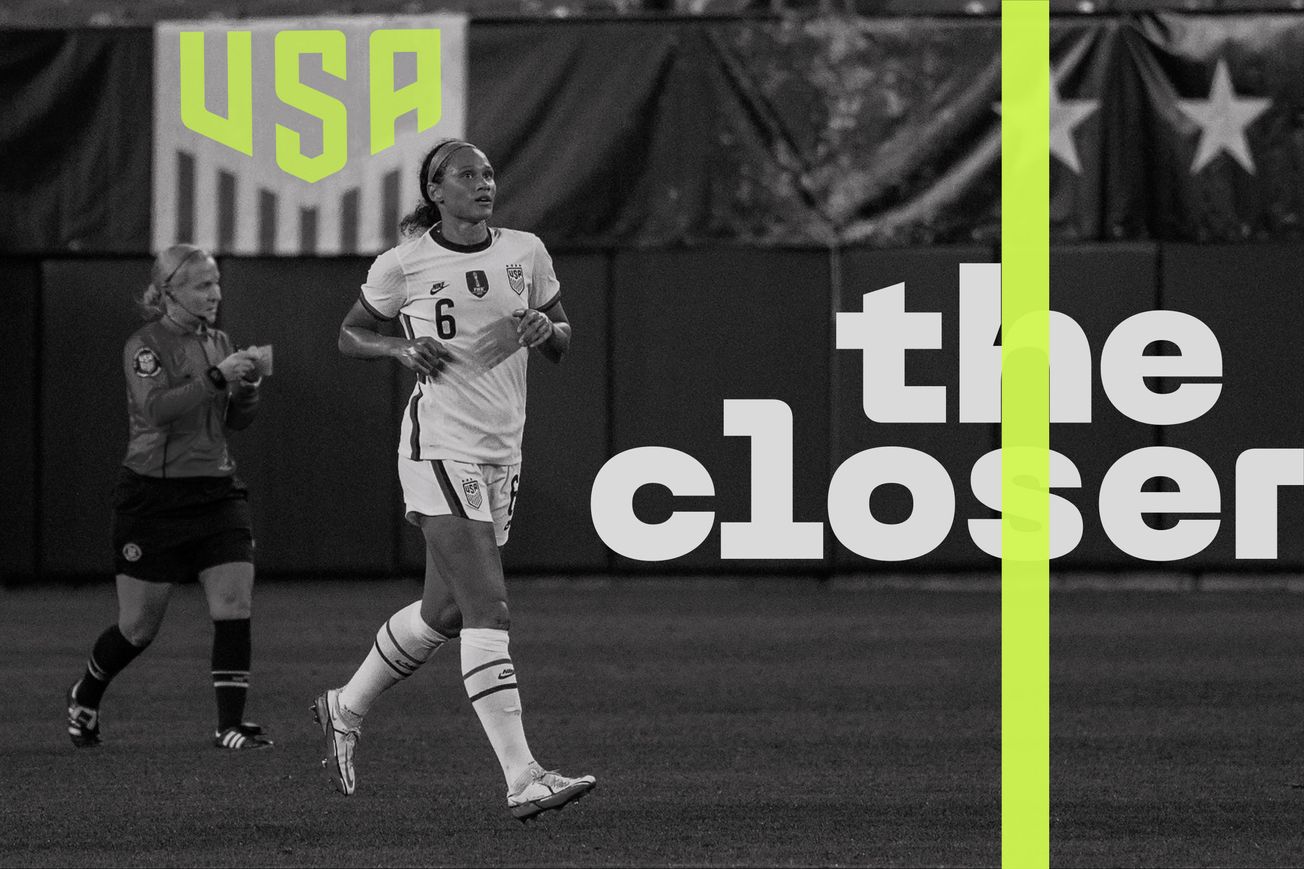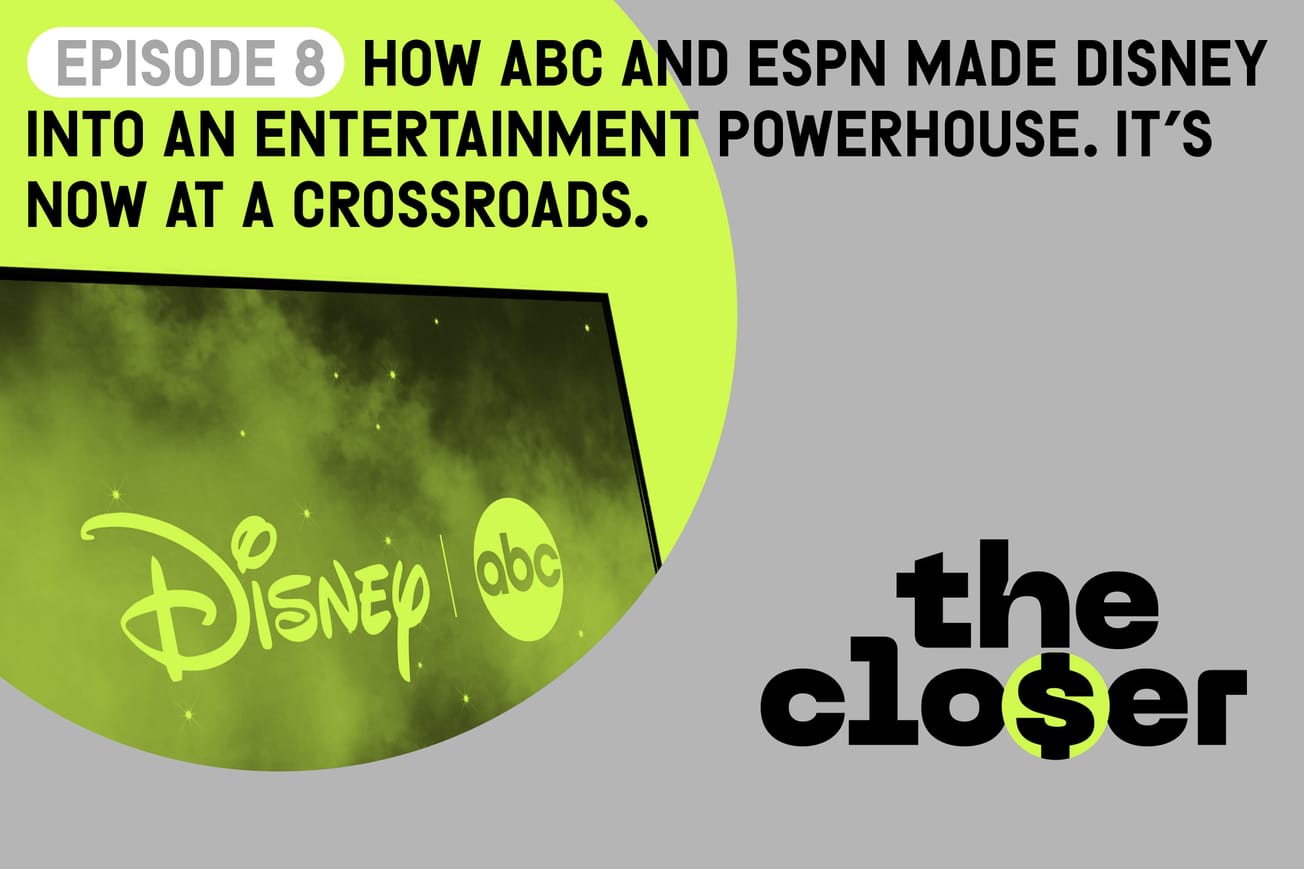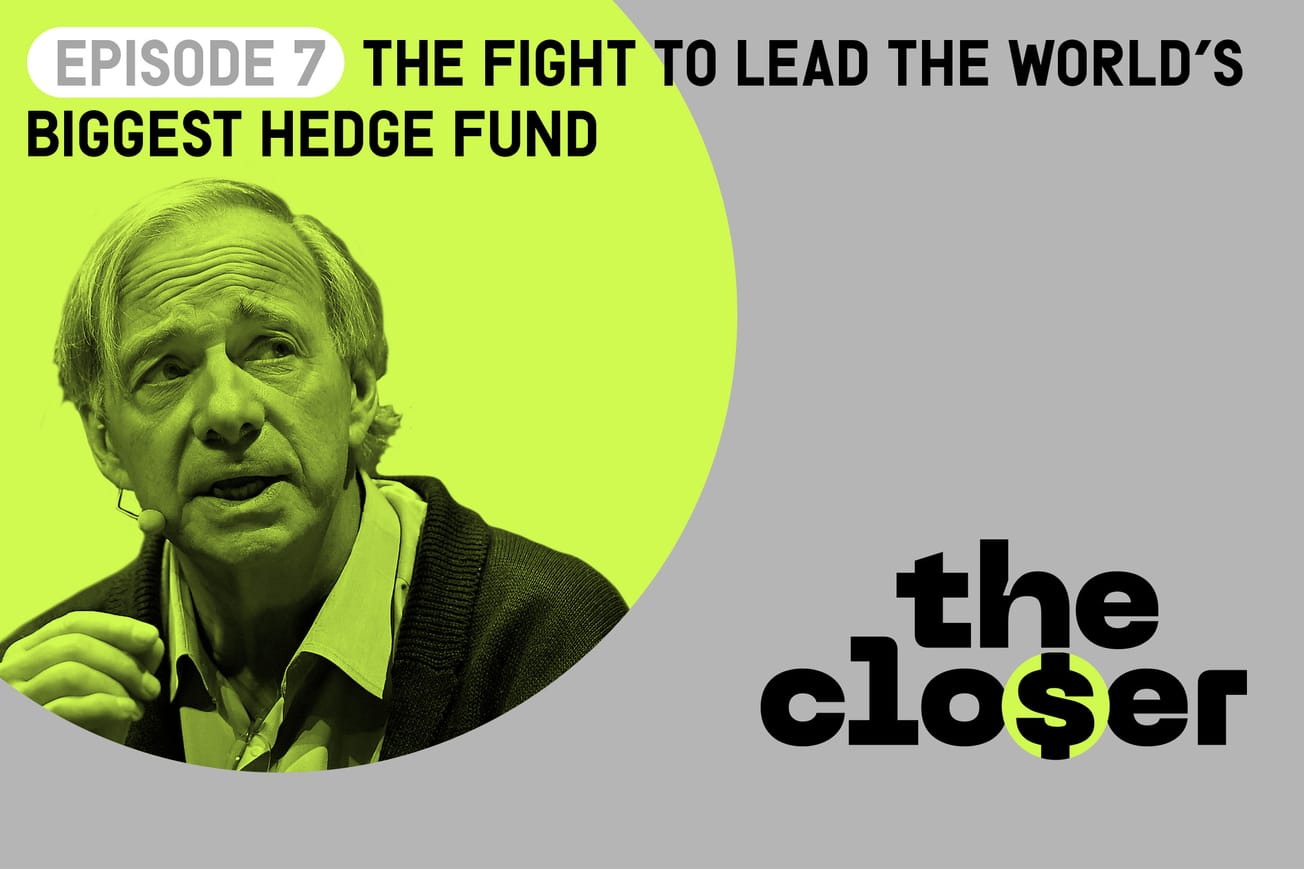Jeffrey Kessler is the lawyer that that high-profile athletes call when they need a proven negotiator on their side.
Tom Brady, Michael Vick, the players associations' of the NFL, NBA, and MLB, NCAA athletes looking to overturn the ban on getting paid and the members U.S. Women's National soccer have all been his clients.
Kessler led the U.S. Women's National Team suit against the U.S. Soccer Federation for equal pay with the much less successful men's team. That story is the first episode of the latest season of The Closer podcast and it out now wherever you listen to podcasts.
It's a fascinating story that ends with the women's team prevailing, but only after it looks like they've lost. Indeed, the eventual settlement the USWNT extracted from U.S. Soccer came after what looked like their moment of maximum leverage had passed.
So how did Kessler drag US Soccer to the negotiating table and win? At the end of our conversation, Aimee asked him for his best negotiating advice.
Here's what he said:
Understand the other sides point of view and what obstacles they face in coming the deal that you want. Because your struggle is to overcome those obstacles, not just focus on your own demands.
Not exactly pound-the-table stuff you'd expect from a hardened negotiator like Kessler. He's basically saying that in order to successfully negotiate for what you want, you have to deeply understand what the other side wants – you need to empathize with your opponent.
And that advice isn't just airy fairy stuff. In the USWNT case, Kessler was very clever in identifying the main obstacle to a settlement, and it was the same thing that had got U.S. Soccer into this pickle in the first place: its leadership.
"Ultimately, for example, in this women's deal," Kessler said, the main obstacle to equal pay was "a bad leadership. That leadership was ultimately removed." The huge public campaign around the equal pay case, the chants in the stadiums, the chants at the victory parade, the outrage when a legal brief from U.S. Soccer saying that biology was why the women made less the men, the pressure on corporate sponsors, it was all heartfelt and sincere – but it was also part of a calculated campaign to get the obstinate leadership at U.S. Soccer replaced.
That leadership did get replaced and the new leadership at U.S. Soccer eventually settled and agreed to equal pay.
